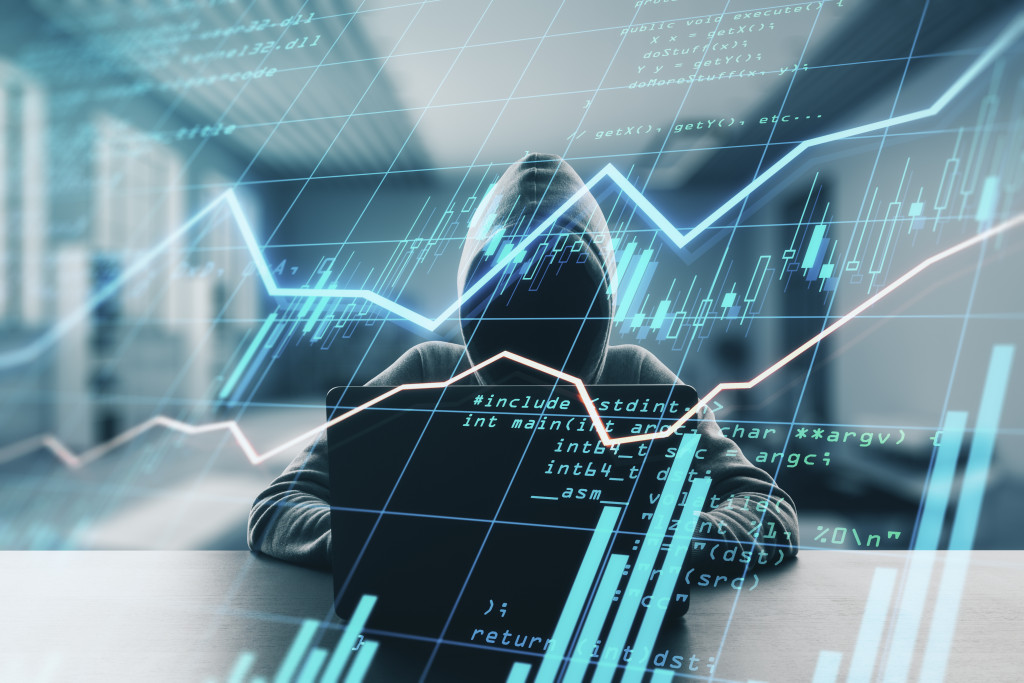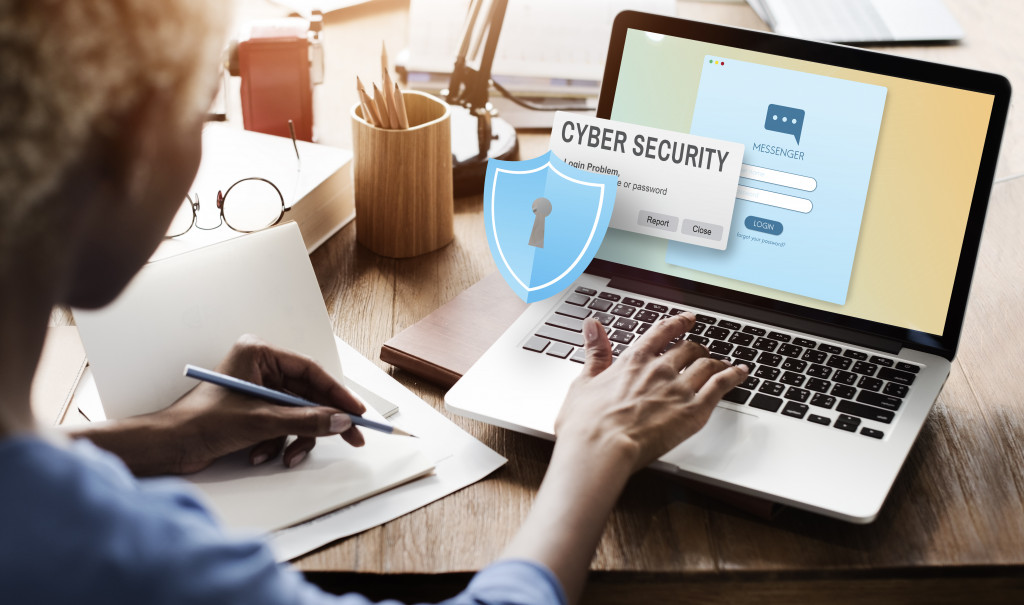- Cyberattacks can cause damage to reputation, loss of revenue, and confidential information.
- Data privacy services are a powerful defense against any threats or missteps made by hackers, employees, or vendors.
- Firewalls, antivirus/antimalware software, and encryption techniques should be used to protect businesses from cyber-attacks.
- Security Information and Event Management (SIEM) is a tool that can detect potential security threats and provide real-time reporting.
In today’s world, businesses are under constant threat of cyber attacks. With the rise of data breaches and hacking incidents, companies must understand the importance of safeguarding their systems and data.
Fortunately, technology has evolved to offer various tools and services to defend against such attacks. This blog post will explore the role of technology in preventing cyber attacks on businesses.
Types of Cyber Attacks
There is no one-size-fits-all classification of cyber attacks. Cybercriminals use various methods to breach networks or steal data. A few of the most common cyber attacks include malware, phishing, ransomware, denial of service (DoS), and man-in-the-middle (MITM) attacks. Malware refers to any software designed to harm or exploit a computer system, while phishing focuses on tricking individuals into divulging sensitive information.
Ransomware attacks encrypt files and demand payment to regain access to them. DoS attacks overwhelm a target network with traffic from multiple sources, rendering it unusable. MITM attacks intercept or change communication between two parties without them being aware.
Impact of Cyber Attacks

The impact of a successful cyber attack cannot be overstated. It can result in the loss or theft of sensitive information, damage to reputation, and loss of revenue. According to a study, the average cost of a data breach in 2020 was $3.86 million.
When attackers steal confidential data such as customer information, business plans or financial records, it can be costly in terms of legal fees, fines, and identity protection for those affected. A cyber attack can also cause significant disruption to the operations of a business, resulting in lost productivity, unsatisfied customers, and damage to their reputation.
Cybersecurity Measures
It’s essential to implement proper cybersecurity measures as a business to prevent cyber attacks. Here are some of the measures companies can take to protect their systems:
Data Privacy Auditing
As businesses strive to become more secure in their digital transactions and data practices, hiring reputable data privacy services is an effective way to protect your data. Data privacy services have the technological know-how, tools, and understanding of sensitive information that can help a business identify any potential security vulnerabilities.
They also specialize in regulatory compliance, such as ISO 27001 auditing services, which allows businesses to meet industry standards for safely storing and processing customer data.
In short, data privacy services are a powerful line of defense against any threats or missteps made by hackers, employees, or vendors. Compliance data privacy services are the best way to defend your online presence and all its valuable information.
Firewall Protection
A firewall is a technology that prevents unauthorized access to a network or system. It examines incoming and outgoing traffic and blocks any suspicious activity. Firewalls are the first line of defense against cyber attacks on businesses.
They are configured to allow only authorized traffic to pass through and block all other traffic. In addition, firewalls can be updated with new threat intelligence to stay ahead of the latest threats.
Antivirus and Antimalware Software

Antivirus and antimalware software is a tool that detects and eliminates malicious software from a computer or network. These software programs scan files and monitor network traffic for any suspicious activity. If they detect any malware, they isolate and eliminate it from the system. These programs can be updated to identify and eliminate the latest threats.
Encryption
Encryption is converting data into a code to prevent unauthorized access. It is a crucial tool in preventing data breaches. Encryption can be used to protect sensitive data such as passwords, financial data, and personal information. If an attacker gains access to encrypted data, they cannot decipher it without the encryption key.
Security Information and Event Management (SIEM)
Security Information and Event Management (SIEM) is a tool that collects and analyzes security data from various sources to identify and respond to potential security threats. It can identify suspicious activity, generate alerts, and provide real-time reporting. SIEM gives businesses visibility and control over their systems and networks and enables them to respond quickly to incidents.
The Bottom Line
Technology has become an essential tool in preventing cyber attacks on businesses. By utilizing these technologies mentioned above, companies can significantly reduce the risk of cyber-attacks and protect themselves from the devastating consequences of data breaches.


